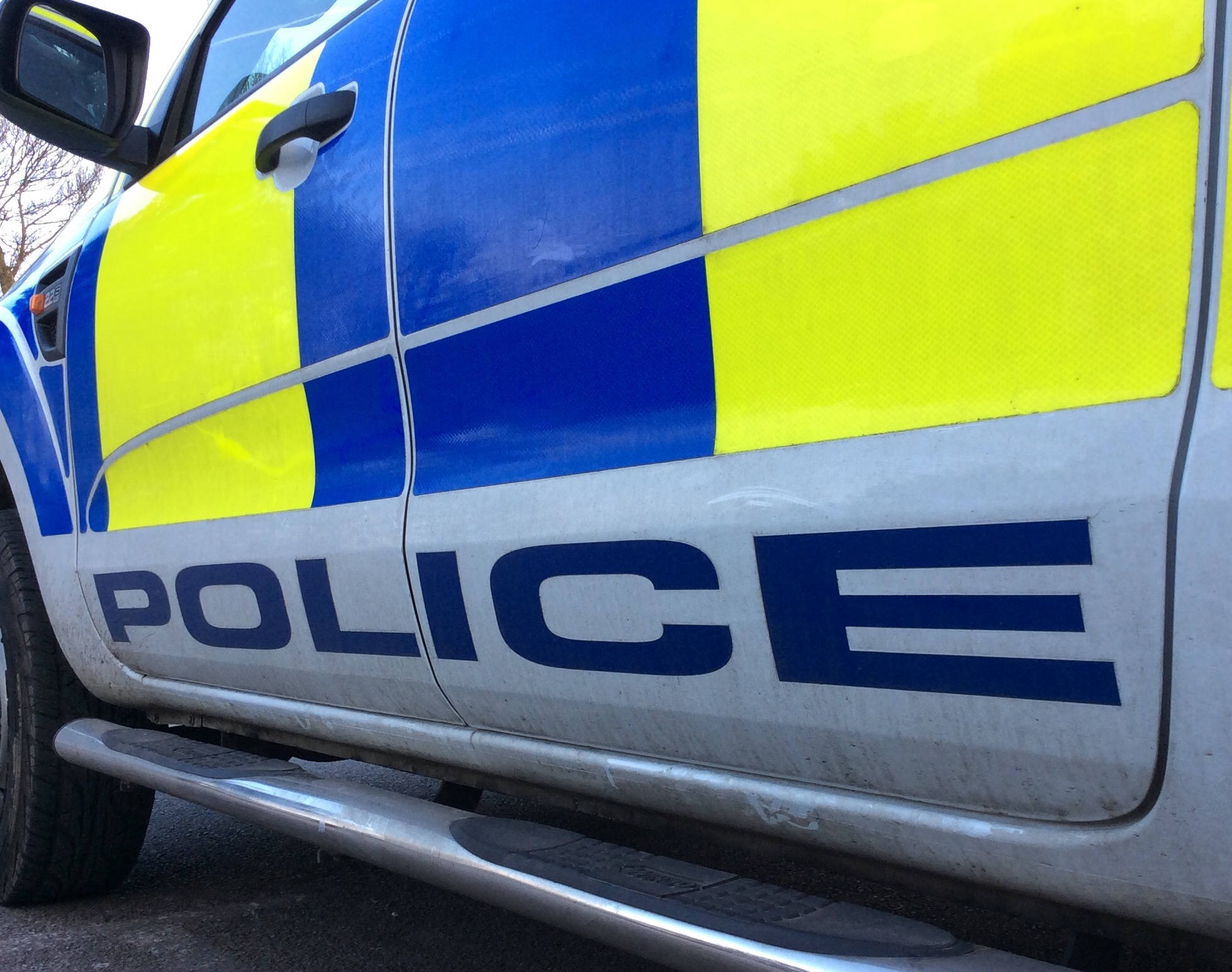More than 200 Sussex Police cases are being reviewed as a result of the faking scandal involving two forensic test laboratories.
Blood, urine or other bodily samples in 27 of the cases were sent in by the force’s Road Policing Unit.
The other cases are believed to involve criminal complaints relating to sex or violence – such as rape or murder – or unexplained deaths.
Sussex is one of 42 police forces affected by the forensic testing scandal, with retesting understood to have taken place before five criminal court cases, delaying proceedings.
The retesting did not result in the cases failing or being harmed although other cases are still to come to court and remain under review.
Sussex Police said that none of the cases that it had reviewed had been dropped and no criminal convictions had been overturned.
The laboratories were run by Randox Testing Services (RTS), in Manchester, and Trimega, a company bought by RTS.
Two men have been arrested and five others have been interviewed under caution about the scandal which is thought to affect thousands of cases nationally.
The National Police Chiefs’ Council (NPCC), formerly known as ACPO (the Association of Chief Police Officers), said that so far retesting has had no consequences for cases involving sexual offences, violence or murder.
Police Minister Nick Hurd said in a written statement to MPs that tests conducted by Trimega from 2010 to 2014 could not be relied on.
And the same was true of drug tests carried out by Randox from 2014 to 2017, he said.
The scandal could also affect children, their parents and carers involved in child protection, safeguarding or even family court cases.
Hair samples are tested to check whether someone has been drinking too much or taking illicit drugs.
Brighton and Hove City Council care lawyer Andrew Pack has previously highlighted in a blog post a couple of cases where results from Trimega were found to be wrong.
In one of the cases a child could have been placed for adoption had the error not been challenged by the child’s mother.
The Randox and Trimega cases are rare examples in Britain of a problem which is far more widespread in America.
There, sometimes results were faked as forensic lab workers struggled to deal with a backlog of cases.
At other times, overzealous lab staff doctored samples or falsely recorded results to boost the prosecution’s chances of securing a conviction.









